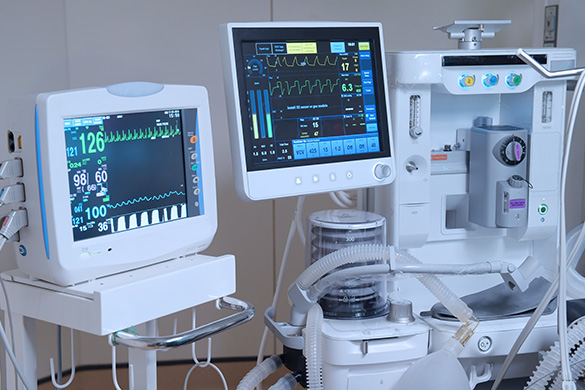Have you taken a proton pump inhibitor (PPI) to treat a condition such as heartburn, indigestion, gastritis, acid reflux? A recent CNN article outlined the results of data from the U.S. Department of Veterans Affairs regarding a study involving a group of individuals taking PPIs as opposed to the alternative histamine H2 receptor blockers.
The study showed that the patients who took PPIs had a 28% increased risk of potential chronic kidney disease. They also had a 96% risk increase of kidney failure over the group taking the histamine H2 receptor blockers.
These proton pump inhibitors include common brands such as:
- Prilosec
- Prevacid
- Nexium
- Protonix
- Dexilant
- AcipHex
- Zegerid
- Vimovo
If you developed kidney problems after taking a heartburn/ acid reflux drug, contact our firm at (713) 909-7910 for your free consultation to learn more.
What are PPIs and who takes them?
PPI is a drug group that treats the overproduction and secretion of gastric acid. To put it simply, they reduce the stomach acid that can cause acid reflux, heartburn, peptic ulcers, and gastroesophageal reflux disease (GERD). While the side effects of the different PPIs vary, they all perform essentially the same function.
Because these drugs are generally viewed as safe, they may have been overprescribed, causing many patients to take them longer than necessary. Taking PPIs for extended periods could increase a person’s risk for developing serious kidney problems.
Risks Associated with PPI Use
PPIs are considered a group of drugs that work to reduce the amount of acid the body produces by blocking enzymes in the stomach wall that produces acid. There is no evidence that would differ one from the other in terms of effectiveness, but one may last longer than others due to the way they are broken down in the body. Unfortunately, there have been multiple cases in which people experienced the potential risks of PPI use.
These include:
- Chronic kidney disease
- Chronic kidney failure
- Acute kidney injury
- Acute interstitial nephritis
- Clostridium difficile
- Kidney removal
- Renal failure
- Dialysis treatment
- Transplant surgery
- Related death
In 2013, roughly 15 million people in the United States were prescribed proton pump inhibitors. Authors of research regarding PPI believe that these medications are overprescribed and if a person does take PPI, it should be used for a short period of time and sparingly.
Prescription vs. Over-the-Counter PPIs
Many PPIs are available without a prescription, meaning people have access to this potentially harmful drug without first having to consult a doctor. The warning to those taking over-the-counter PPIs was this – if you are consistently purchasing a PPI without a prescription, schedule an appointment with your doctor to discuss the best course of action. Prolonged PPI use can be harmful to your kidneys.
All drugs carry risk, but this new information should serve as a caution to those suffering from heartburn and the like. If you are taking a PPI, whether prescribed or over-the-counter, it is best you consult with your doctor.
Taking Legal Action is Easy – Call (713) 909-7910
If you or someone you love has been harmed after taking a proton pump inhibitor, you may be entitled to compensation. The effects of kidney damage or failure can be long-lasting and the injured individual — or his or her family — should be able to hold manufacturers accountable for not properly warning of potential risks and producing harmful drugs. Our Houston proton pump inhibitor attorneys at Bailey Cowan Heckaman PLLC are here to help.
Call (713) 909-7910 today to learn more about your options.

